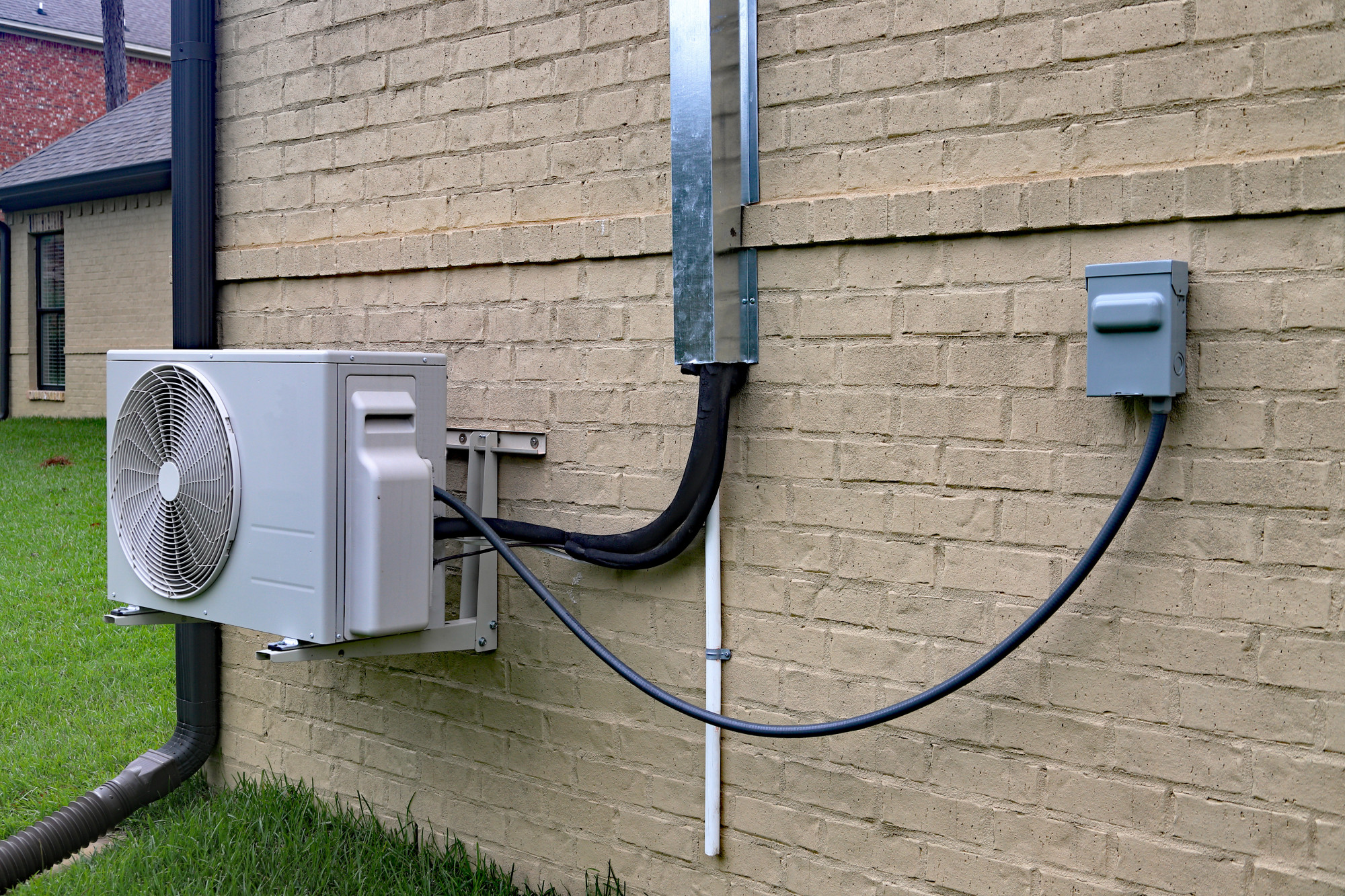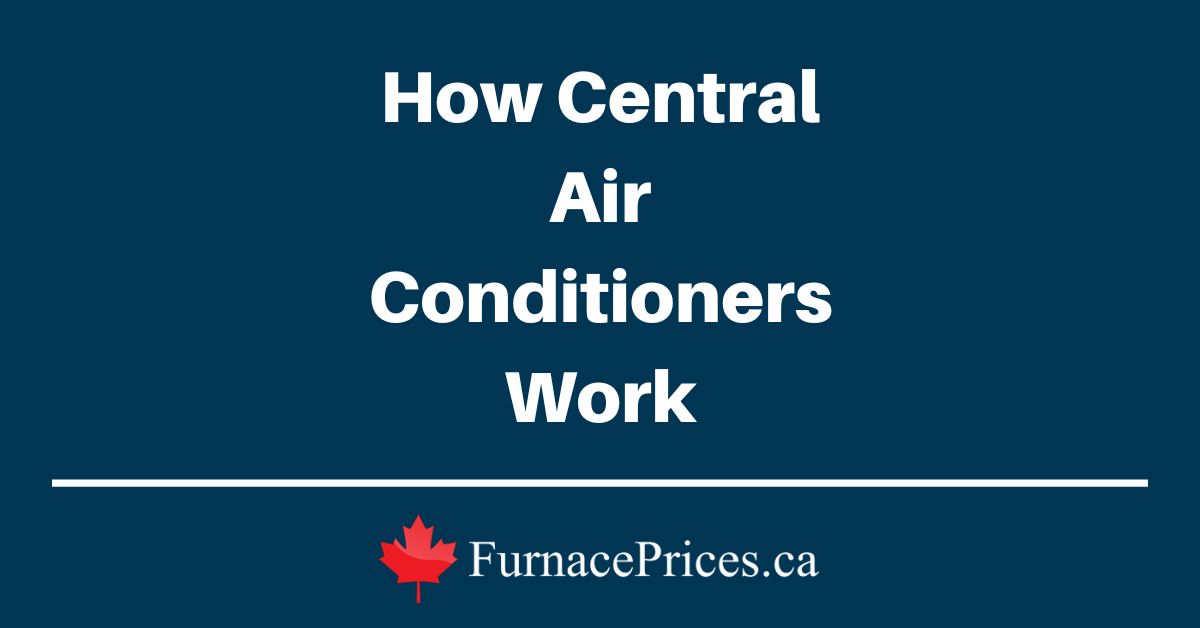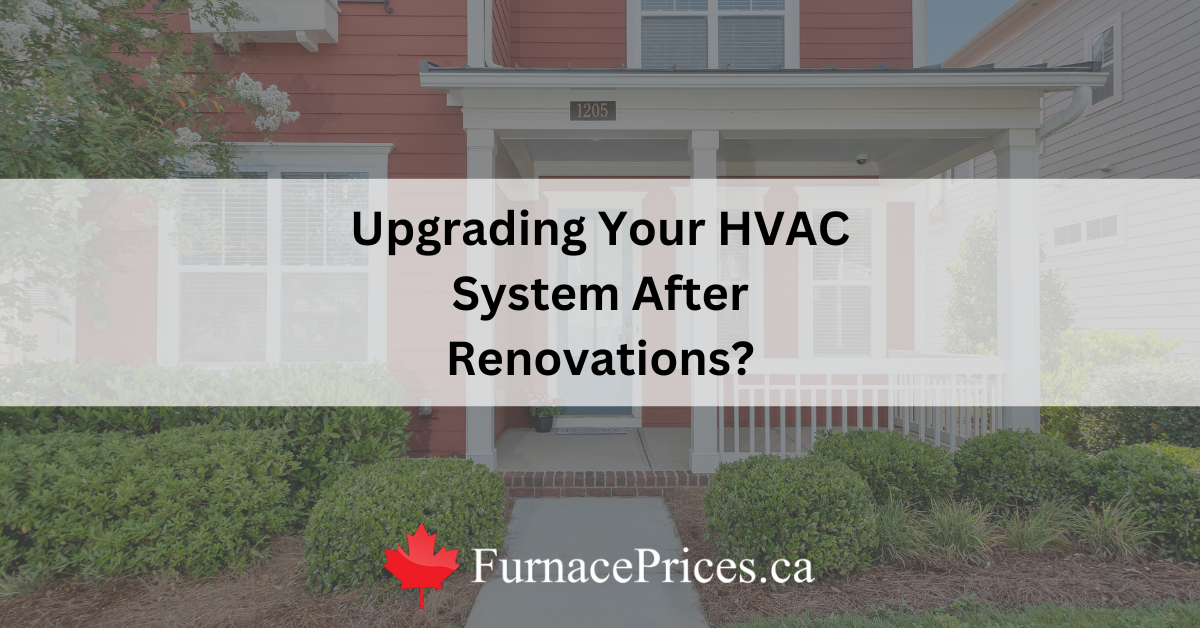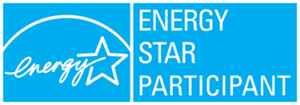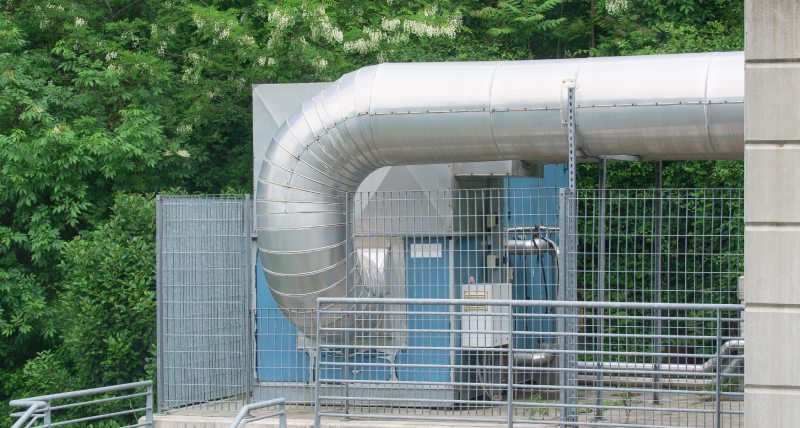
This blog post is here to help clear up any confusion about how they’re different and the features and benefits of both forced air and central air systems. Once you’re finished, you will be able to make an informed decision on which one might be right for your home. Read on to get all the information that will ensure maximum HVAC efficiency in your home!
Forced Air vs Central Air: What’s the Difference?
Forced air vs central air is a question that many consumers face when upgrading or replacing their heating and cooling system. Forced air is the traditional type of HVAC system wherein an air duct carries heated or cooled air to all of the rooms in a home. The term central air applies to the air conditioning unit itself, while forced air applies to the air distribution system.
What is Forced Air Heating?
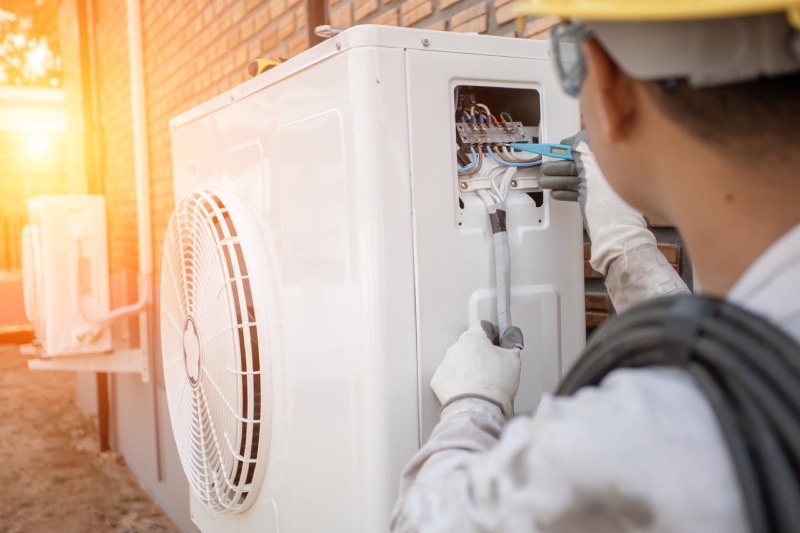
What is Central Air?
Central air is a form of air conditioning that cools and circulates air throughout an entire house or building from a central source. It typically utilizes a unit placed outdoors and one attached to your furnace, which uses refrigerant to cool the air and then push it through a network of ducts (this is your forced air system) carrying the newly cooled air into all rooms of the home.
It differs from other cooling methods such as window units, which are only effective in one room at a time, or portable units which need to be moved between rooms and can be inefficient for larger spaces.
Central air is more efficient; therefore the cost of central air can be more up front in installation and equipment. However, because it is able to cool an entire space with one system, it also tends to be cheaper in the long run as energy bills should be lower than with separate cooling systems for each room.
Ductless heat pumps fall somewhere in between, as they typically have one or multiple inside units directly conditioning the air as opposed to a central unit for the entire home.
Can You Have Forced Air Cooling in Your Home?
Yes, in order to have a forced air cooling system in your home, you need to have two things. These are a forced air system and a cooling unit, such as a central air cooling unit.
Get Quotes
How soon are you looking to buy?*



The Pros and Cons of a Forced Air System
Forced air systems are undoubtedly the most common way to heat and cool homes. They have many advantages but you should also be aware of their disadvantages.
Forced air system pros:
- Efficient and fast cooling and warming. The biggest advantage of forced air systems is their efficiency—they can deliver heated air quickly and evenly throughout your home, making them ideal for large spaces.
- Maintenance isn’t difficult. Compared to a boiler system with piping throughout the home, forced air systems tend to be cheaper to maintain.
- Forced air systems can be integrated with other components such as humidifiers and air purifiers for improved indoor air quality. They can also integrate with central cooling systems.
- They are reliable and energy efficient with regular maintenance.
Forced air system cons:
- One major disadvantage of forced air systems is their noise—when the furnace kicks on it may be loud and disruptive.
- These systems rely on ductwork which can become clogged with dust or debris over time, reducing the efficiency of the system and potentially leading to health problems due to poor indoor air quality. Regular maintenance will help with this.
- Since these systems rely on ductwork they may not be suitable for homes with limited space or irregular layout. And if your home doesn’t have ductwork already installed, the cost and inconvenience of installing it is usually prohibitive.
- They can cause uneven temperatures in parts of your home because they typically heat everything at the same time. If you are able to install individualized temperature control units, you could solve this problem.
The Pros and Cons of Central Air
Central air systems have been around for decades, and for good reason—they’re efficient, reliable, and relatively inexpensive. But before you commit to installing a central air unit in your home, it’s important to understand the pros and cons of this type of system. Let’s take a closer look.
Pros of Central Air Systems
- The primary benefit of a central air system is that it allows you to cool multiple rooms simultaneously. This means you don’t need to purchase separate window units or space heaters for each room.
- Since your central air system is connected directly to the main HVAC unit in your house, they tend to be more energy-efficient than other types of heating/cooling systems.
Cons of Central Air Systems
- The biggest downside to central air systems is that they can be expensive to install initially. And again, if you don’t already have ductwork installed in your home, it’s not likely to be a feasible option.
- Many homes that are heated with boilers or baseboard heaters won’t be suitable for central air systems as they don’t typically have ductwork.
- Certain milder climates like in the Vancouver area, haven’t traditionally needed central air systems until recent heat waves led to a surge in demand, and high cost of installing them.
How Do I Know If a Forced Air Heating and Cooling System is Right for Me?
When deciding whether your home or office could benefit from a forced air heating and cooling system, the most important factor to consider is the size of the space, and whether ductwork exists in your home.
Or if you are constructing a new home, does it make sense to include ductwork. There is additional cost in installing ventilation ducts, but it does also provide the flexibility of enabling central HVAC systems.
Forced air systems use large ducts to efficiently circulate heated or cooled air, making them ideal for larger spaces such as an office building. However, if your space is small or irregularly shaped (like an attic room) then other HVAC solutions such as mini-splits may be more well suited since they don’t require extensive ductwork.
Additionally, you should consider both the cost and energy efficiency of any prospective system; some solutions may be more affordable in the short-term but not so efficient in the long run.
Ultimately, it pays to research your options and determine which HVAC system will best serve both your needs and budget.
Find the Best Central Air Conditioner Prices In Canada.
Get Quotes
How soon are you looking to buy?*





